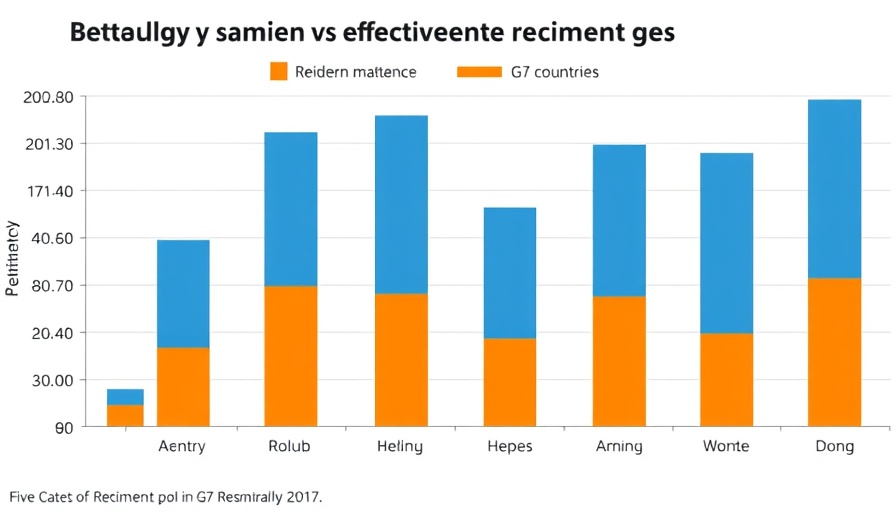
The Hidden Costs of Burnout in Today’s Workplaces
As we dive into the evolving landscape of workplace culture, it's clear that employee burnout has reached critical levels. Reports indicate that many employees are feeling overwhelmed not only by their tasks but also by the sheer volume of information thrown at them daily. According to well-respected leadership figures like Jay Shetty, the need for transformative leadership has never been more important. Stress and burnout have significant implications for productivity; employers who ignore these factors face both a loss in workforce morale and heightened turnover.
Redefining Leadership for a Healthier Workforce
Shetty emphasizes that leaders need to approach their roles with a focus on fostering environments that inspire employees rather than drain their energy. This means a paradigm shift—moving away from traditional top-down management styles and embracing a more empathetic approach that considers the well-being of employees. Companies that prioritize emotional intelligence and cultivate a culture of mutual respect can empower their teams and foster higher job satisfaction.
Strategies for Employee Engagement and Retention
For organizations to thrive, CHROs, Chief People Officers, and other operational leaders need to actively engage employees in dialogues around their work experiences. Providing platforms for feedback and creating avenues for career growth can remarkably enhance job satisfaction. Organizations that ensure their values align with employees' personal goals will see a direct correlation in retention rates.
The Role of HR in Creating Joyful Workplaces
Today's HR professionals should play a pivotal role in transforming workplace culture. By prioritizing mental health initiatives and personal development, HR can bridge the gap between organizational objectives and employee satisfaction. By recognizing that joy in the workplace translates to better performance, employers who focus on well-being will ultimately retain top talent.
As we look to the future, organizations that adopt a people-first approach will not only thrive but also create environments where employees feel valued and empowered. This transformation is not just beneficial; it’s essential for the sustainability of modern workplaces.
To stay ahead in this rapidly evolving landscape, talent leaders must implement these insights and foster spaces that drive innovation and fulfillment.
 Add Row
Add Row  Add
Add 




Write A Comment